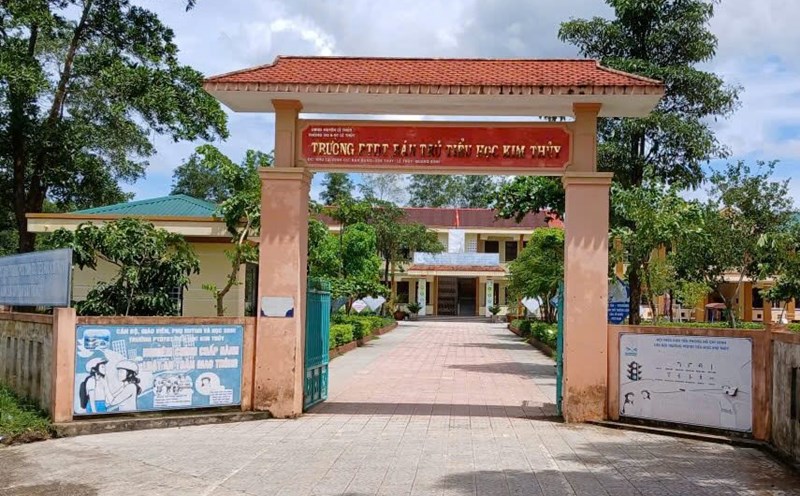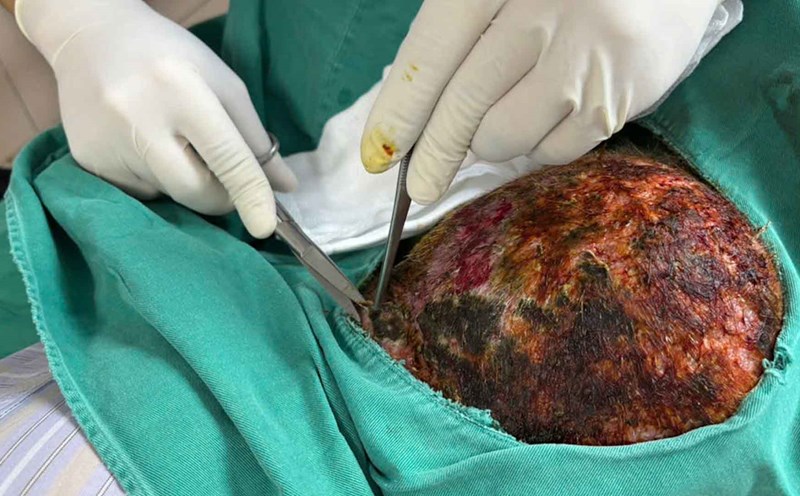taking a university photo in a woman aged 75 and over can still detect breast cancer early
A new study by David Geffen School of Medicine at the University of California, Los Angeles (UCLA) shows that taking athletes in women aged 80 and over can still help detect early breast cancer in the early stages, when the disease is still easy to treat.
Early detection allows us to reduce the intensity of treatment while still get great results, says Dr Nimmi Kapoor, associate professor of surgery at UCLA and lead author of the study.
The results were drawn after the research team analyzed the patients of 174 women over 80 years old diagnosed with breast cancer in the period of 2013 - 2020. Most cases are positive for estrogen receptors, negative for her her2, a common and easily treated form of cancer, and are detected at an early stage.
Women who continue taking poverty photos have a 55% lower risk of cancer recurrence and a 74% lower risk of death, even considering age, tumor type and surgical method.
Should continue to screen selectively
There are currently no unified guidelines in the US on breast cancer screening for women over 75. The US Preventive Services Task Force (USPSTF) recommends screening until age 74, while the American Cancer Society (ACS) recommends continuing the screening as long as women remain healthy and are expected to live at least 10 more years.
One in four women are diagnosed with breast cancer after the age of 75, most of which are new cases and can be detected early through bled breath, says Dr Robert Smith, Senior Vice President for Pre- cancers at ACS.
Dr. Jason Mouabbi, breast cancer expert at MD Anderson Cancer Center (Houston, USA), also advises older women not to stop taking poverty photos on their own, but should consult a specialist to assess the personal benefits and risks. He emphasized that the screening decision should be based on overall health, not just on age.
Early detection is still the key
Researchers note that taking eyebrows regularly makes it easier for doctors to compare images over the years, detecting the smallest changes in breast tissue. Although more large-scale studies are needed, the current results reinforce the view that age should not be a barrier to breast cancer screening.
Early detection is still the most important factor in helping women, even over the age of 80, maintain quality of life and have a higher chance of successful treatment.











